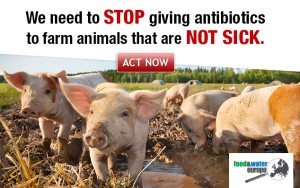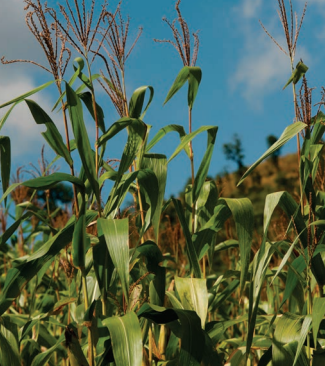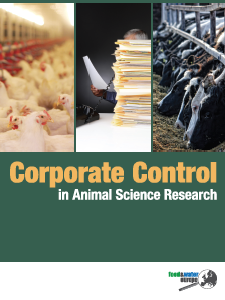 Tetracycline. Penicillin. Amoxicillin. Antibiotics are life-saving tools in our medicine chest, but we all have good reason to worry that we’re losing them. Bacteria that make us sick are adapting to resist even our best drugs, so when we get sick it’s harder to find a medicine to help us get well. Medical authorities call it one of the most serious risks to global human health.
Tetracycline. Penicillin. Amoxicillin. Antibiotics are life-saving tools in our medicine chest, but we all have good reason to worry that we’re losing them. Bacteria that make us sick are adapting to resist even our best drugs, so when we get sick it’s harder to find a medicine to help us get well. Medical authorities call it one of the most serious risks to global human health.
It’s happening now. At least 25,000 patients in the EU each year die from multidrug-resistant bacteria at a cost of at least an extra €1.5 billion per year. In the United States, these infections make at least 2 million people sick each year, and at least 23,000 of them lose their lives.
It’s inevitable that bacteria will continue to get stronger in this way. It’s how nature works. It’s only sensible to do everything we can to make sure our medicines work as well as they can for as long as possible.
That’s where factory farms come in. Routine, low-dose misuse of antibiotics to boost profits on crowded, stressful factory farms drives the creation and spread of resistant bacteria. This means that we all may be exposed to, and pay the price for, the dangerous bacteria produced by factory farming even if we don’t eat meat or live near a farm.
You may have heard about MRSA infections in hospitals, but it’s on our farms, too. The “R” stands for RESISTANT, and that’s what makes it dangerous, so it’s bad news that it’s in our food. We even know that one strain of MRSA originated in humans, transferred to pigs where it became resistant to two drugs, and then jumped back to humans.
We can’t afford to wait.
Colistin used to be a veterinary drug, but it’s now a critically important medicine of last resort for people, used when other drugs fail. When bacteria with transferable resistance to colistin were found in meat and people in China in 2015, medical predictions said it would be three years before they reached the UK. We now know that the resistant bacteria were already in Europe since at least 2012, but weak monitoring didn’t pick them up.
Many livestock producers and fish farmers use antibiotics appropriately when their animals are sick, but it’s just crazy to keep giving these precious drugs to animals that don’t need them. Food & Water Europe is fighting to stop it.




